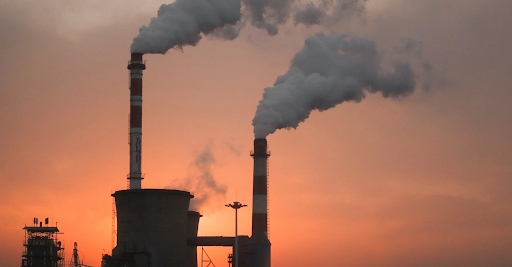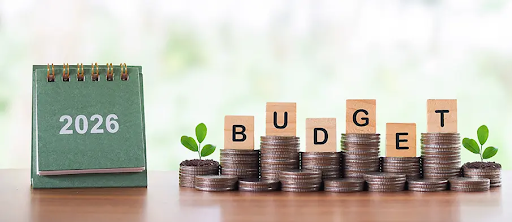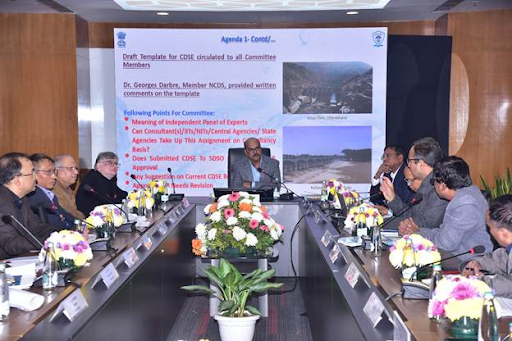



Chemical hazards and toxic contamination have become more prevalent around the world in recent years, and current efforts to achieve scientifically credible recommendations for policy actions and global connections are underway.

Copyright infringement not intended
Source: University of Rhode Island
From June 15 to 18, 2025, global representatives convened in Punta del Este, Uruguay, to launch a new science-policy panel focused on chemical pollution and waste management.
The new panel will carry out five core tasks:
Source: Downtoearth
|
Practice Question: Q. With reference to the recently formed Global Science-Policy Panel on Chemical Pollution, consider the following statements: It has been established under the aegis of the United Nations Environment Programme (UNEP). The panel aims to address pollution from chemicals, waste, and plastics through global scientific cooperation. Its recommendations will be legally binding on member states. Which of the statements given above is/are correct? A) 1 and 2 only B) 2 and 3 only C) 1 and 3 only D) 1, 2 and 3 Answer: A) 1 and 2 only Explanation: Statement 1: Correct. The panel has been initiated under the UNEP and the World Health Organization (WHO) to tackle chemical, waste, and pollution crises. Statement 2: Correct. The panel’s objective is to strengthen the science-policy interface for the sound management of chemicals, waste, and plastic pollution. Statement 3: Incorrect. The panel’s findings and recommendations will be advisory in nature and not legally binding. |





© 2026 iasgyan. All right reserved